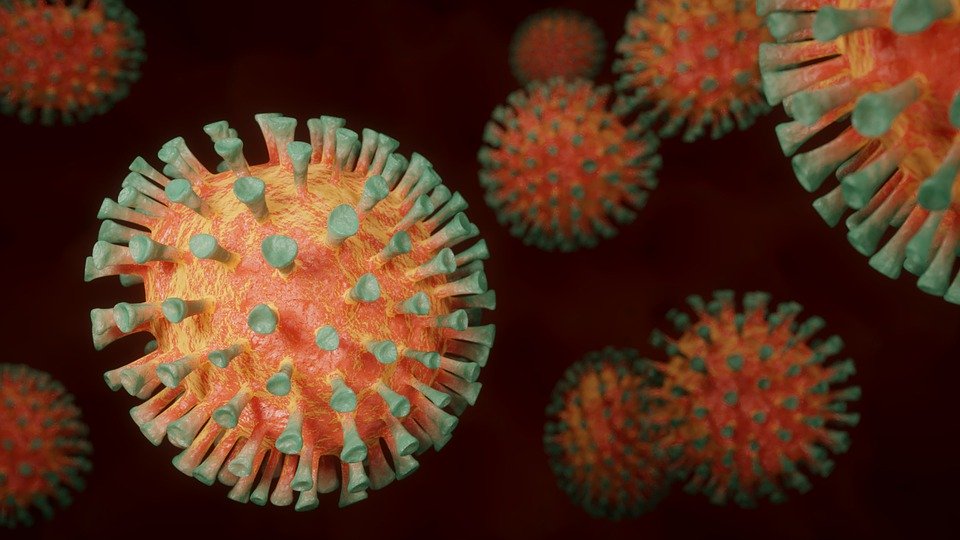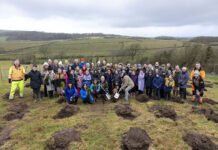
THE Scottish Environment Protection Agency (SEPA) has identified Covid-19 ribonucleic acid (RNA) traces in Scottish waste water.
The aim of the exploratory work was to detect fragments of the virus’ RNA, a genetic footprint which can be measured in waste water even after the virus has begun to breakdown.
Samples are taken from all health board areas in Scotland by Scottish Water, at the request of SEPA. As an example, the agency said that the prevalence of the virus in Aberdeen’s waste water samples mirrored cases in the city’s population.
The samples were first taken in August, with SEPA requesting that Scottish Water increase the sample rates to four times a week following the first set of results. Sample results remained the same level until the end of September, when they began to rise again – reflecting data on known cases.
The work is being carried out alongside the University of Edinburgh. The university is helping to develop methodologies for detecting and measuring SARS-CoV-2 genetic material in waste water.
Terry A’Hearn, SEPA CEO, said, “As Scotland’s environmental watchdog and as a public agency, we remain proud to be playing our part in the national effort to combat coronavirus.
“Our scientific capabilities and expertise in designing and implementing monitoring networks made us ideally suited to delivering this trial and the results we are seeing demonstrate its scientific validity.
“Central to the delivery of this project has been our partnership working Scottish Water and the University of Edinburgh’s Roslin Institute, and we will continue to work closely together to refine our techniques and understanding.
“We’ve received support from across the public sector, agencies and institutions – including a donation of specialist kit from Science and Advice for Scottish Agriculture – demonstrating how Scotland is coming together to find ways of tackling this virus.”
Environment secretary, Roseanna Cunningham, said, “In order to manage the coronavirus pandemic, it is vital that we continue to develop our understanding of it, and I welcome this UK-wide programme of research and the development of waste water monitoring to help build our knowledge base.
“SEPA and Scottish Water have translated this experimental programme into a comprehensive, Scotland-wide monitoring network. The early data is already providing our public health experts with new information, which complements the wider population testing programme to give a more robust picture of the prevalence of Covid disease in Scotland. I look forward to the programme providing further, valuable data over the coming months to support our fight against the pandemic.”








